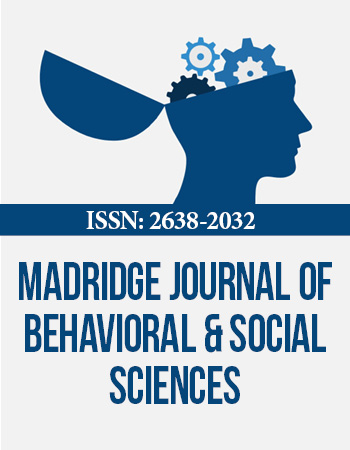International Conference on Alzheimerʼs Disease & Associated Disorders
May 7-9, 2018 Rome, Italy
Pathogenic Role of FcγRIIb in Amyloid and Tau Pathogenesis in Alzheimerʼs Disease
1School of Biological Sciences, Seoul National University, Korea
2School of Pharmacy, Sungkyunkwan University, Korea
Amyloid-beta (Aβ) induces neuronal loss and cognitive deficits and is believed as a prominent cause of Alzheimerʼs disease (AD). However, cellular mechanism of the pathogenesis is not fully understood. Here we show that Fcgamma-receptor IIb (FcγRIIb) mediates Aβ neurotoxicity and neurodegeneration. We found that FcγRIIb is a receptor of Aβ1-42 oligomers and genetic depletion of FcγRIIb rescues the memory impairments in AD model mice. In addition, the FcγRIIb-SHIP2 axis is critical in Aβ1-42-induced tau pathology. Fcgr2b knockout or antagonistic FcγRIIb antibody inhibited Aβ1-42-induced tau hyperphosphorylation and rescued memory impairments in AD mouse models. As a action model, SHIP2 is recruited into phosphorylated FcγRIIb to affect PtdIns(3,4)P2 metabolism for tau phosphorylation. Further, targeting SHIP2 expression by lentiviral siRNA in 3xTg-AD mice or pharmacological inhibition of SHIP2 potently rescued tau hyperphosphorylation and memory impairments. Thus, we conclude that the FcγRIIb-SHIP2 axis links Aβ neurotoxicity to tau pathology by dysregulating PtdIns(3,4)P2 metabolism, providing insight into therapeutic potential against AD. More, emerging evidences suggest that intraneuronal Aβ correlates with the onset of Alzheimerʼs disease (AD) and highly contributes to neurodegeneration. Our findings illustrate that FcγRIIb2 is essential for neuropathogenic function of Aβ in AD.
Biography:
Yong-Keun Jung obtained his Ph.D from the Albert Einstein College of Medicine, NY, USA at 1993. From 1993-1996, he was a post-doctoral fellow in the department of cell biology, Harvard Medical School, USA. He then returned to Korea and is now a professor at Department of Biological Science, Seoul National University (SNU), Korea. He contributed to elucidation of the cell death machinery and our understanding of its association with human disease. In particular, the role of cell death and autophagy in the pathogenesis of human disease, including Alzheimerʼs disease, ischemia and cancer etc, is being investigated.


